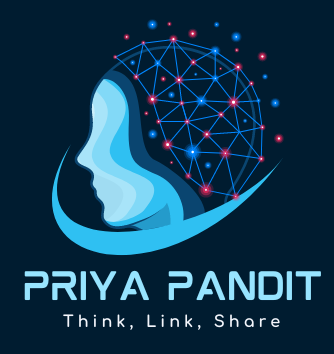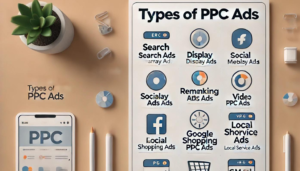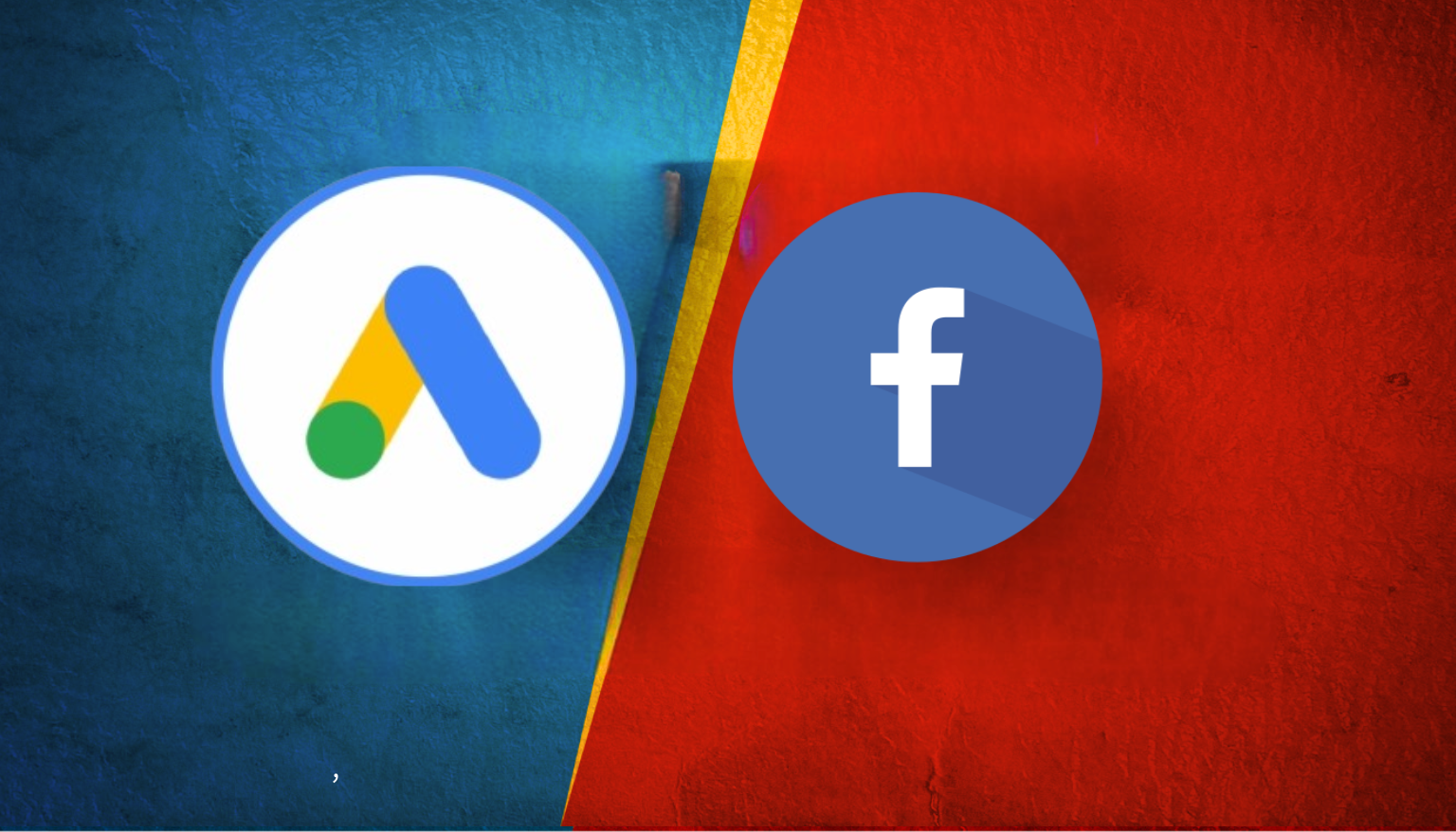
Google ads vs facebook ads Which one is best
If you’ve just launched your website and are diving into the world of blogging, you’re probably thinking about how to get more eyes on your content. Online advertising is a fantastic way to do just that, and two of the biggest players in the game are Google Ads and Facebook Ads. But which one should you choose? In this article, we’ll dive deep into the nuts and bolts of both platforms, compare their features, costs, and benefits, and help you figure out which one is the best fit for your business. Ready to get started? Let’s break it down together!
Understanding Google Ads
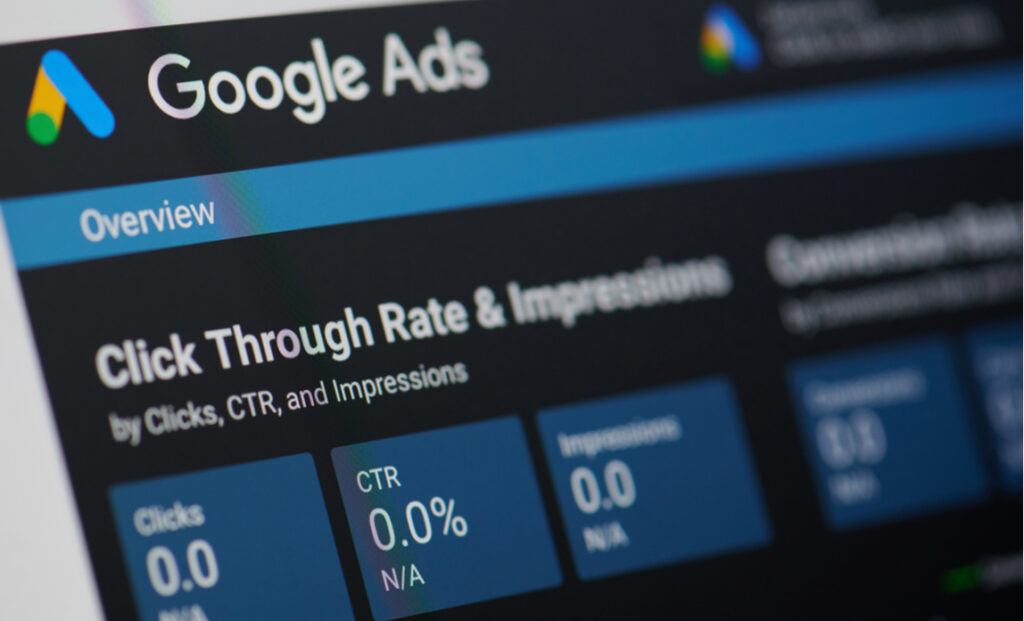
Understanding Facebook Ads
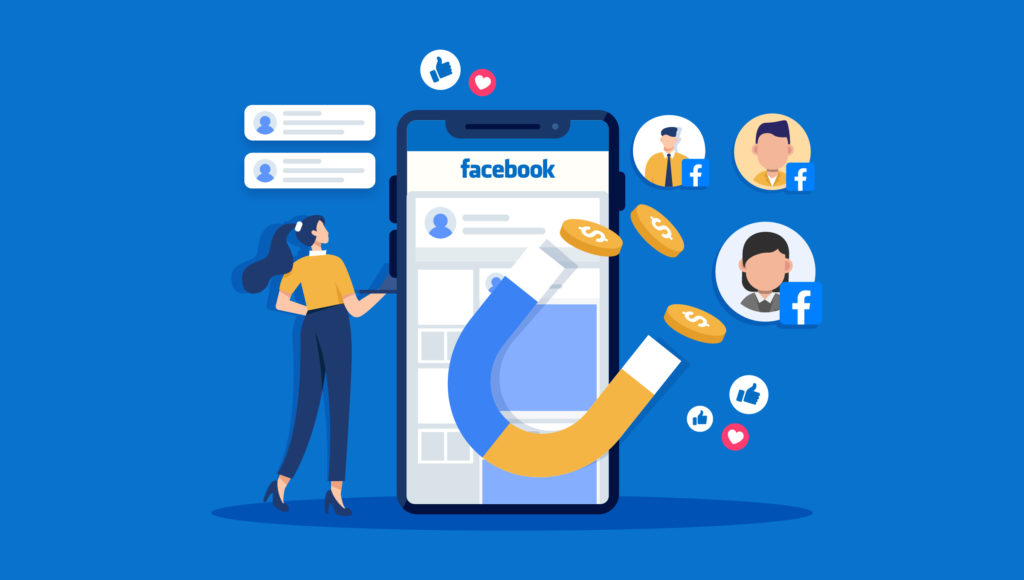
Different Types of Facebook Ads
There’s a variety to choose from, each designed to help you reach your audience in different ways:
- Image Ads: Simple and straightforward ads with a single image.
- Video Ads: Engaging ads using video content.
- Carousel Ads: Ads that show multiple images or videos.
- Slideshow Ads: little films made from a sequence of still pictures.
- Collection Ads: Mobile-friendly ads that let users discover and purchase products directly.
Comparing Google Ads and Facebook Ads

1. Reach and Audience Targeting
- Reach of Google Ads: Users who are actively looking for particular goods or services are the target audience for Google Ads.
- Facebook Ads Reach: Facebook Ads, on the other hand, use the platform’s rich user data to target people based on their demographics, interests, and behaviors.
2. Cost and Budgeting
- Google ads cost: The cost can vary a lot depending on how competitive your keywords are. You can control your spending through your bids and budget settings.
- Facebook ads cost: Generally, Facebook Ads are more affordable than Google Ads, making them a good option if you’re on a tighter budget.
3. Ad Formats and Creative Options
- Google Ads formats: You have text, image, video, and shopping ads, offering lots of flexibility.
- Facebook Ads formats: Facebook Ads shine with their visually appealing formats like image, video, carousel, and collection ads.
4. Performance Metrics and Reporting
- Tracking Google Ads performance: Google Ads gives you detailed metrics like click-through rates (CTR), conversion rates, and cost-per-click (CPC).
- Tracking Facebook Ads Performance: Facebook Ads Manager is packed with analytics tools to track metrics like impressions, engagement, and conversions.
Advantages of Google Ads
- High-intent audience: People using Google are usually ready to make a purchase, which can lead to higher conversion rates.
- Massive reach via Google Search: Your ads appear on the world’s most popular search engine, giving you access to a huge audience.
- Detailed targeting options: You can target your audience with precision using specific keywords, locations, and device types.
Disadvantages of Google Ads
- Can be pricey for popular keywords: High competition for popular keywords can drive up costs, making it expensive.
- The learning curve involved: Managing Google Ads effectively requires some time and expertise.
Advantages of Facebook Ads
- Visually engaging platform: Facebook Ads are perfect for visually-driven campaigns. Whether it’s an image or a video, Facebook’s platform makes your ads stand out.
- Advanced demographic targeting: Facebook allows you to target people based on detailed demographics and interests, reaching specific age groups, locations, and behaviors.
- Cost-effective for small businesses: Facebook Ads are less expensive than Google Ads, which enables even tiny businesses with tight budgets to use them.
Disadvantages of Facebook Ads
- Audience may have lower purchase intent: People on Facebook might not be in the buying mindset, which can lead to lower conversion rates.
- Potential for ad fatigue: Users might get tired of seeing the same ads repeatedly, reducing their effectiveness.
FAQs
Q1. What is the cost difference between Google & Facebook ads?
Ans: Google Ads can be more expensive due to the competitive nature of keyword bidding, whereas Facebook Ads tend to be more affordable and accessible for smaller budgets.
Q2. Which platform is better for small businesses?
Ans: Facebook Ads are generally more cost-effective for small businesses thanks to their affordability and advanced targeting options.
Q3. Is it possible for me to combine Facebook Ads with Google Ads?
Ans: Absolutely! Using both platforms can maximize your reach and engage users at different stages of the buying journey.
Q4. What are common mistakes in online advertising?
Ans: Common mistakes include overbidding on competitive keywords, neglecting to monitor ad performance, and using irrelevant visuals in ad campaigns.
Conclusion
So, there you have it! Both Facebook ads and Google ads have advantages over the other and, when used properly, may be very successful. Google Ads are fantastic for capturing high-intent users actively searching for products or services on the other hand Facebook Ads excel at engaging users with visually appealing content based on their interests and behaviors. Choosing the right platform ultimately depends on your specific business goals, target audience, and budget. Don’t be afraid to experiment with both platforms to see which one delivers the best results for your business. Remember, it’s not always about choosing one over the other; sometimes, a combination of both can be the winning strategy.
For more tips, tricks, and insights into the world of digital marketing, visit priyapandit.com Stay updated with the latest trends and strategies to help your business thrive online.
